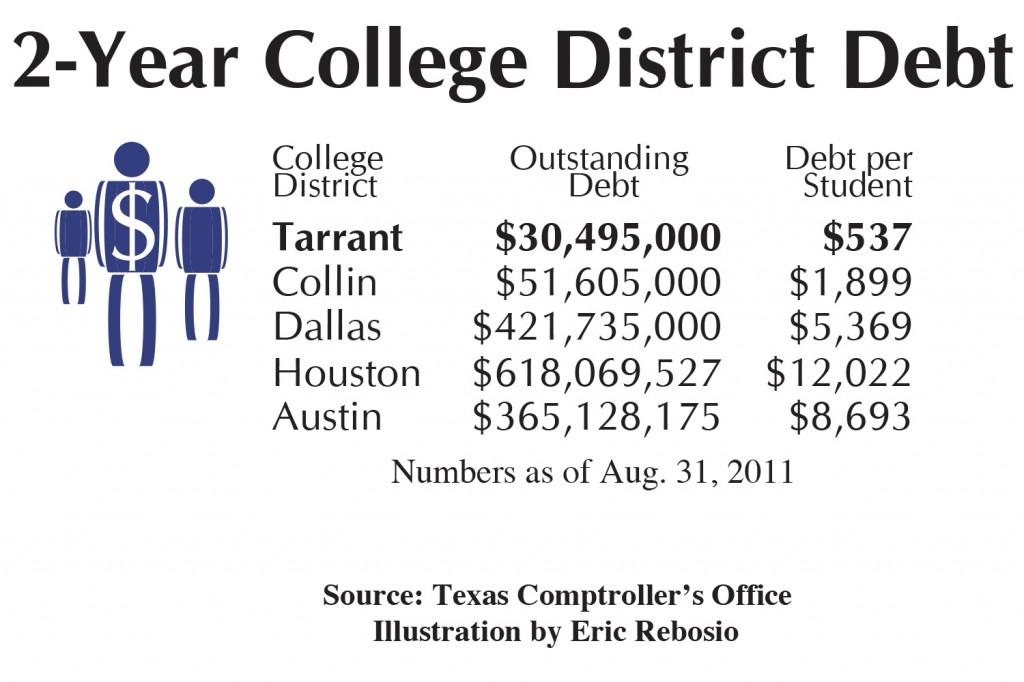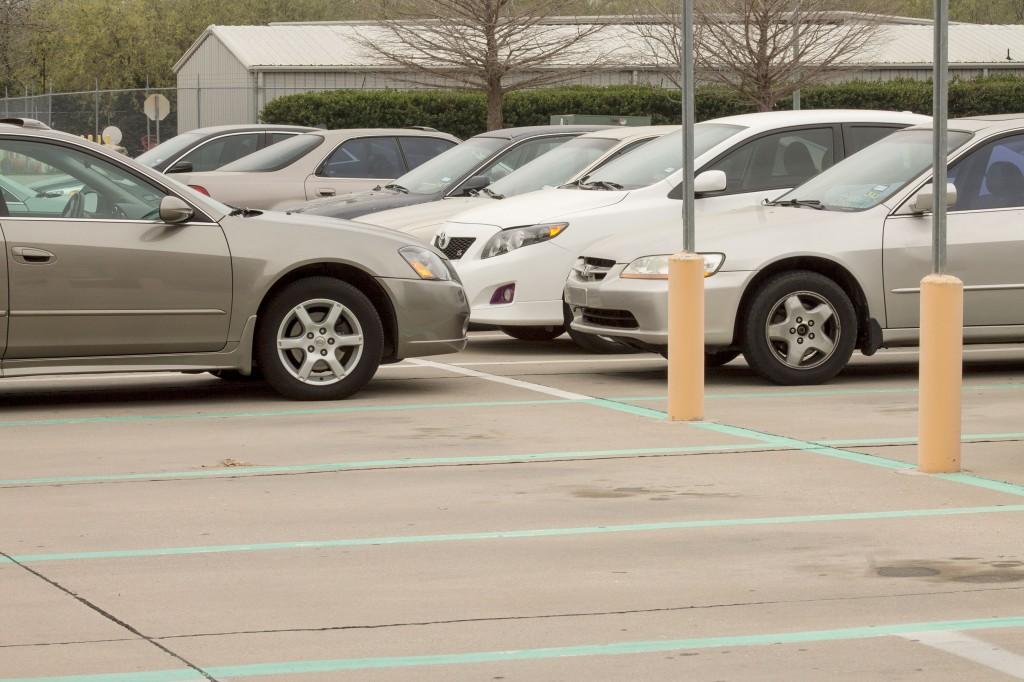By Elaine Bonilla / SE News Editor
In high school, bad behavior lands a student in the principal’s office, but what happens in college?
At TCC, disruptive students are sent to the campus student support coordinator, a new position available on all campuses. Here, the coordinator tries to give the proper attention to students.
The purpose of student support is to administer and educate students to make more informed decisions, be held accountable for choices made and learn from experience.
“There is usually one administrator that handles conduct issues [at institutions], and TCC is now moving toward that,” NE student support coordinator Kateeka Harris said.
Disciplinary action has four steps: a warning or reprimand, probation, suspension and then expulsion. Based on the seriousness of the incident and the number of times it has been repeated, a student can be suspended.
The only time students would be permanently barred from an institution because of behavior is if they are a threat to themselves or other students, Harris said.
SE student support coordinator Sonya Splane said student incidents come to her in one of three ways: campus police reports, instructor referrals or references from staff members.
“If something is reported, it is referred to the coordinator of student support on that campus,” SE student development services director Doug Peak said.
A student support coordinator calls for an initial meeting. The student learns about the referral and has an opportunity to tell the student’s side of the story. Potential consequences students may face include a written reflective assignment or disciplinary action workshops. After completing those tasks, a student is then given a certificate.
“Student support does what it can to help students,” Peak said.
Some students show a pattern of repeat incidents in the same area of the school, and sometimes they are unaware of this. The issue is brought to the attention of the student support coordinator, and a discussion is held with the student.
“Students with repeat violations are suspended from that area,” Peak said.
One way the office helps is by finding students a mentor.
“Sometimes, a student just needs someone to talk to,” Peak said. “So we try and work with students by getting them involved and try to find a place for them at TCC.”
TCC even hosts a number of mixers for students to help find mentors.
“There are a number of students who become involved [in TCC] and turn it around,” Peak said.
Student support is currently working on developing a student code of conduct that will let students know what they are accountable for in terms of behavior, but students have access to a copy of the student handbook on the TCC website if needed.
“Coming from a four-year institution, the numbers of disruptive students seen here [at TCC] are nowhere near as many as there,” Harris said.
Students, faculty and staff can make written referrals to the student support coordinator on their campus. Calls can also be made for advice on ways to best handle other students who may be having an issue with a particular student.



























